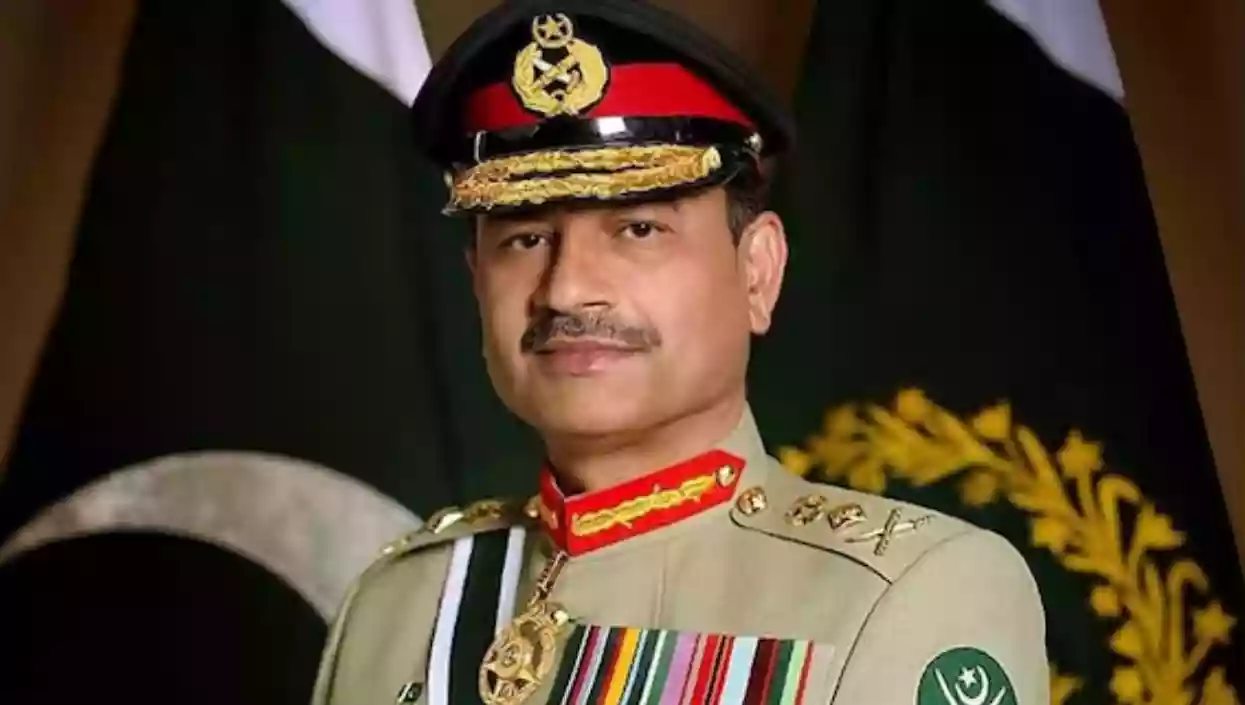.gif)
.gif)

Pakistan's Army Chief, General Asim Munir, reignited the divisive Two-Nation Theory during a public speech, asserting that Hindus and Muslims are fundamentally different and that this ideological foundation must be passed on to the next generation. Addressing the Convention for Overseas Pakistanis, Munir stressed that Pakistan’s very creation was rooted in these differences.
"Our religion, customs, traditions, and ambitions differ from Hindus in every aspect of life," Munir declared. He urged Pakistani citizens to narrate the story of Pakistan's birth to their children, emphasizing the sacrifices made by their forefathers and the continued need to preserve the country’s Islamic identity.
The event, attended by Prime Minister Shahbaz Sharif, saw Munir underscore that Pakistan’s basis was built on Islamic tenets, referencing the Kalima, the Islamic declaration of faith. His statements come at a time when Pakistan faces mounting internal and external challenges, including diplomatic friction with India.
The Two-Nation Theory, originally championed by Muhammad Ali Jinnah in the 1940s, justified the demand for a separate Muslim homeland, resulting in the partition of British India and the birth of Pakistan. Despite early promises to protect minorities, the country's non-Muslim population has drastically decreased over the decades.
Munir also took a hardline stance against Baloch insurgents during the event, vowing that no force could damage Pakistan’s unity. He warned that even "ten generations of terrorists" would fail against the state's resolve, indicating an intensified military crackdown in Balochistan.
His speech aligns with Pakistan's military establishment's historical narrative, continually framing national identity in opposition to India and maintaining the ideological legacy that led to the nation's creation.